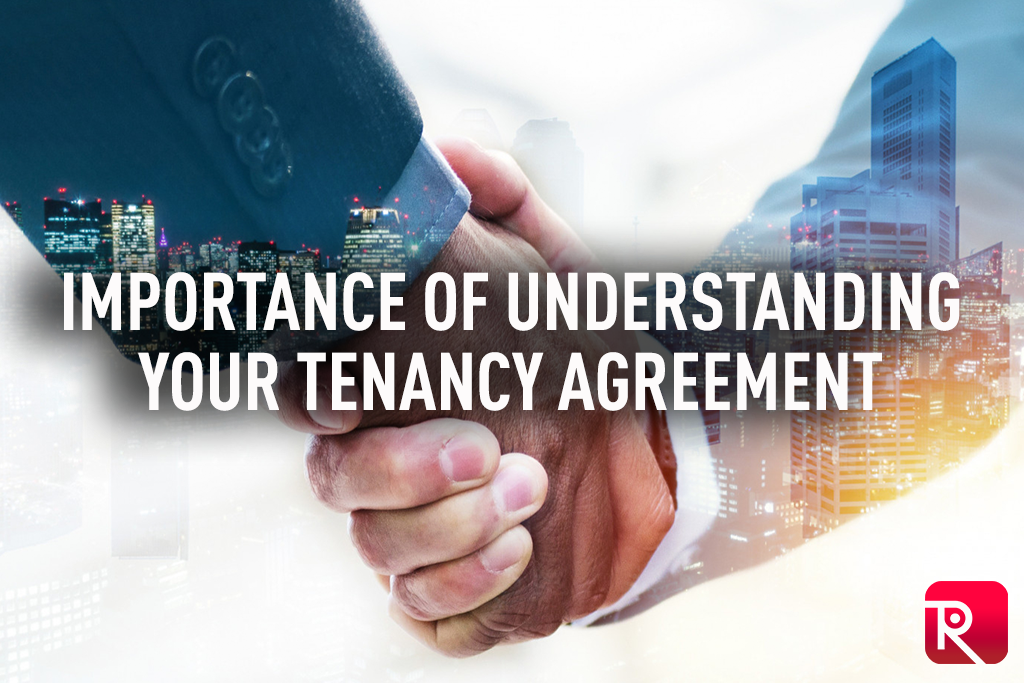
If you’re a landlord of a property in Singapore, understanding the Tenancy Agreement is crucial. This legal document outlines the relationship between you, as the landlord, and your tenant during the rental period.
A Tenancy Agreement, also known as a lease or rental agreement, is a legally binding contract that governs the terms and conditions of the rental arrangement. It sets out the rights and responsibilities of both parties, ensuring a smooth and transparent rental experience.
Why are Tenancy Agreements Important for Foreign Landlords?
As a foreign landlord, having a well-drafted Tenancy Agreement is vital for several reasons:
Legal Compliance
Singapore’s rental market is governed by various laws and regulations. A proper Tenancy Agreement ensures that you comply with these rules.
Protecting Your Interests
The agreement safeguards your property and financial interests, reducing the risk of disputes and financial losses.
Clarifying Expectations
The agreement establishes clear expectations for both you and your tenant, minimizing misunderstandings and conflicts.
Security Deposit
The agreement should specify the amount and terms of the security deposit, providing you with financial protection against damages or unpaid rent.
Proper Documentation
A comprehensive agreement creates a legally recognized record of the rental arrangement.
Terms and Conditions That Should Be Included In The Tenancy Agreement
When renting out property in Singapore, ensure that your Tenancy Agreement includes the following essential terms:
- Property Details and Duration: Clearly state the property’s address, the start and end dates of the tenancy, and any renewal options.
- Rent and Utilities Payment: Specify the rent amount, due date, and accepted payment methods. Clarify if utilities are included or if the tenant is responsible for paying them separately.
- Tenant’s Information: Include the full names and contact details of all tenants, as well as their immigration status and identification documents.
- Security Deposit: Clearly outline the amount of the security deposit and the conditions for its refund at the end of the tenancy.
- Maintenance Responsibilities: Define the tenant’s responsibilities for maintaining the property and keeping it in good condition.
- Repairs and Maintenance: Specify how repairs will be handled and whether the tenant should notify you of any maintenance issues.
- Tenant’s Covenants: Include the tenant’s obligations, such as paying rent on time, not subletting without permission, and using the property for residential purposes only.
- Landlord’s Covenants: Outline your responsibilities, such as providing a habitable property and respecting the tenant’s right to peaceful enjoyment.
- Termination of Lease: Include the conditions under which either party can terminate the tenancy and the required notice periods.
- Diplomatic Clause (for expatriate tenant): If applicable, include provisions for early termination due to certain circumstances, such as job relocation.
- Prohibition of Alterations: State that the tenant cannot make any structural changes without your written consent.
- Right to Re-entry: Include your right to re-enter the premises in case of a breach of the agreement.
- Governing Law: Specify that the agreement is governed by Singapore law.
Payment and Signing of the Tenancy Agreement
You should ensure that all financial transactions related to the rental are properly documented. The tenant should pay the security deposit and the first month’s rent before signing the agreement. Payment can be made through a secure and traceable method, such as bank transfer or online payment.
When signing the agreement, both you and the tenant should be present, along with a third-party witness, like an agent or a notary public. This ensures that everyone understands and agrees to the terms.
Dispute Resolution between Landlord and Tenant
While you should strive to maintain a harmonious relationship with your tenant, disputes may arise. In case of conflicts, it’s best to refer to the Tenancy Agreement and try to resolve the issue through open communication.
If needed, consider seeking mediation services like the Singapore Mediation Centre or the Consumer Association of Singapore (CASE) to mediate the dispute.
Conclusion
As a landlord who is living afar and renting out property in Singapore, a well-drafted Tenancy Agreement is essential for protecting your interests and ensuring a smooth rental experience. Ensure that all crucial terms and conditions are included in the agreement and adhere to Singapore’s rental laws and regulations. By doing so, you can have a successful and stress-free rental experience even when you are far away.
